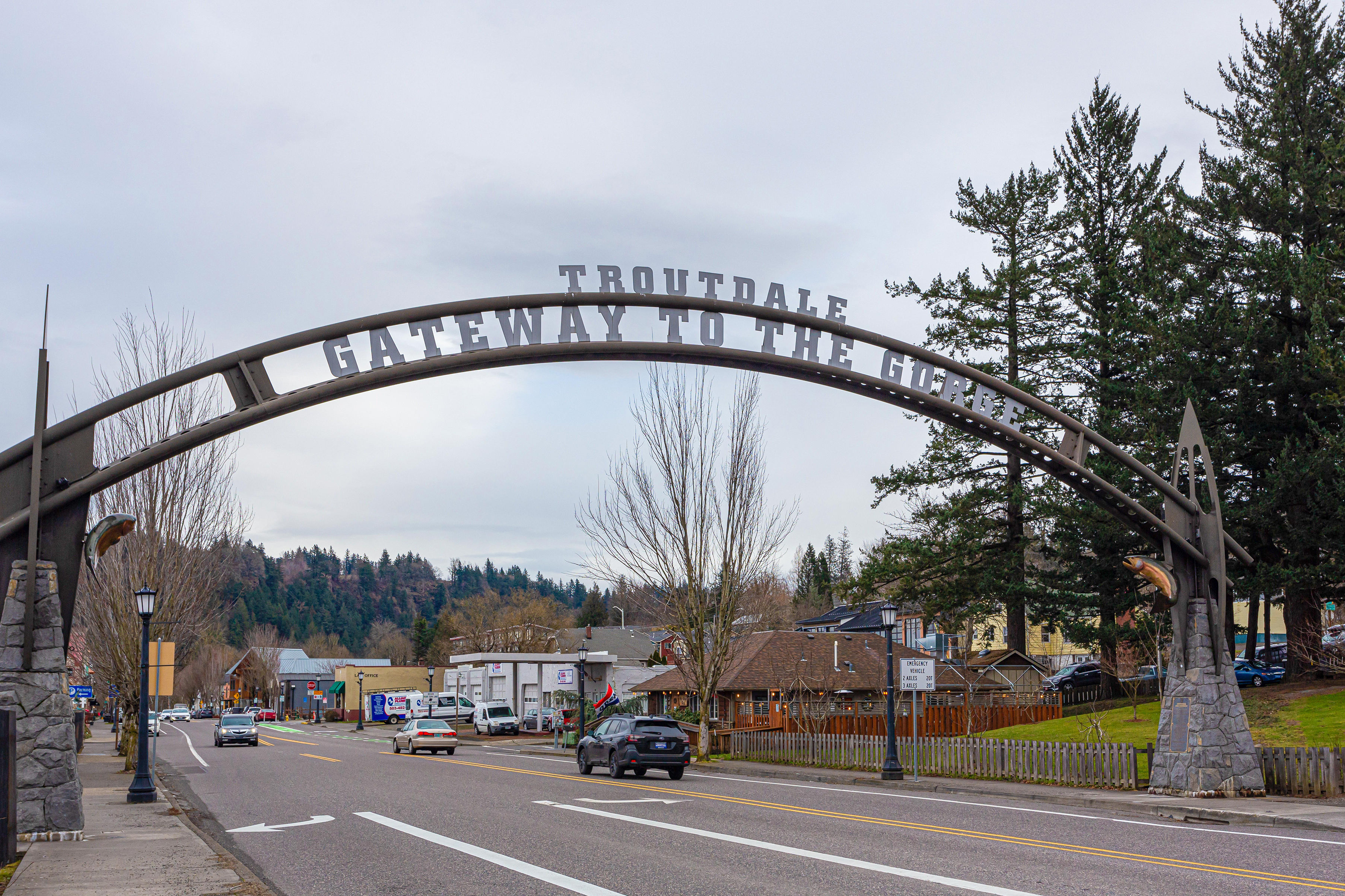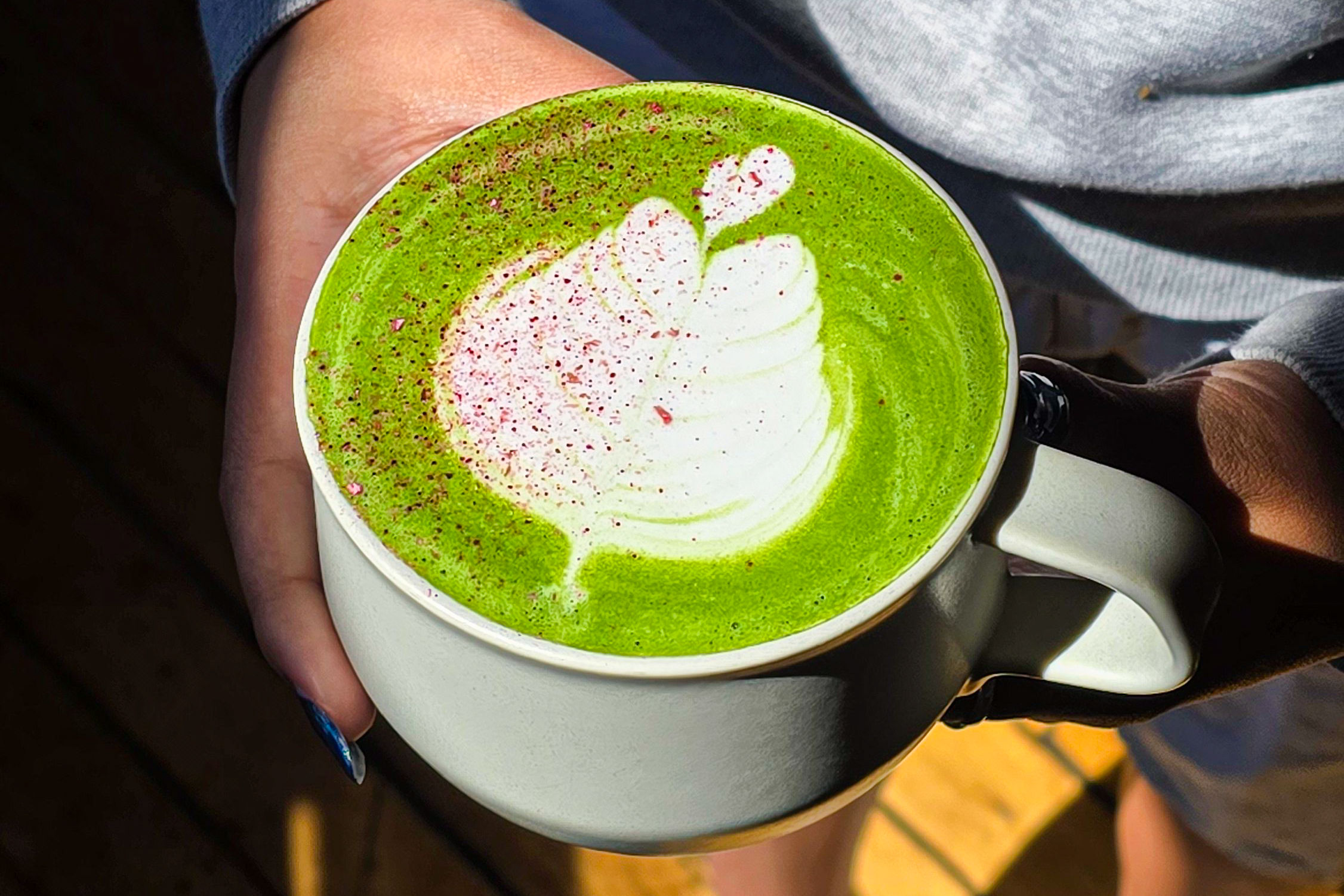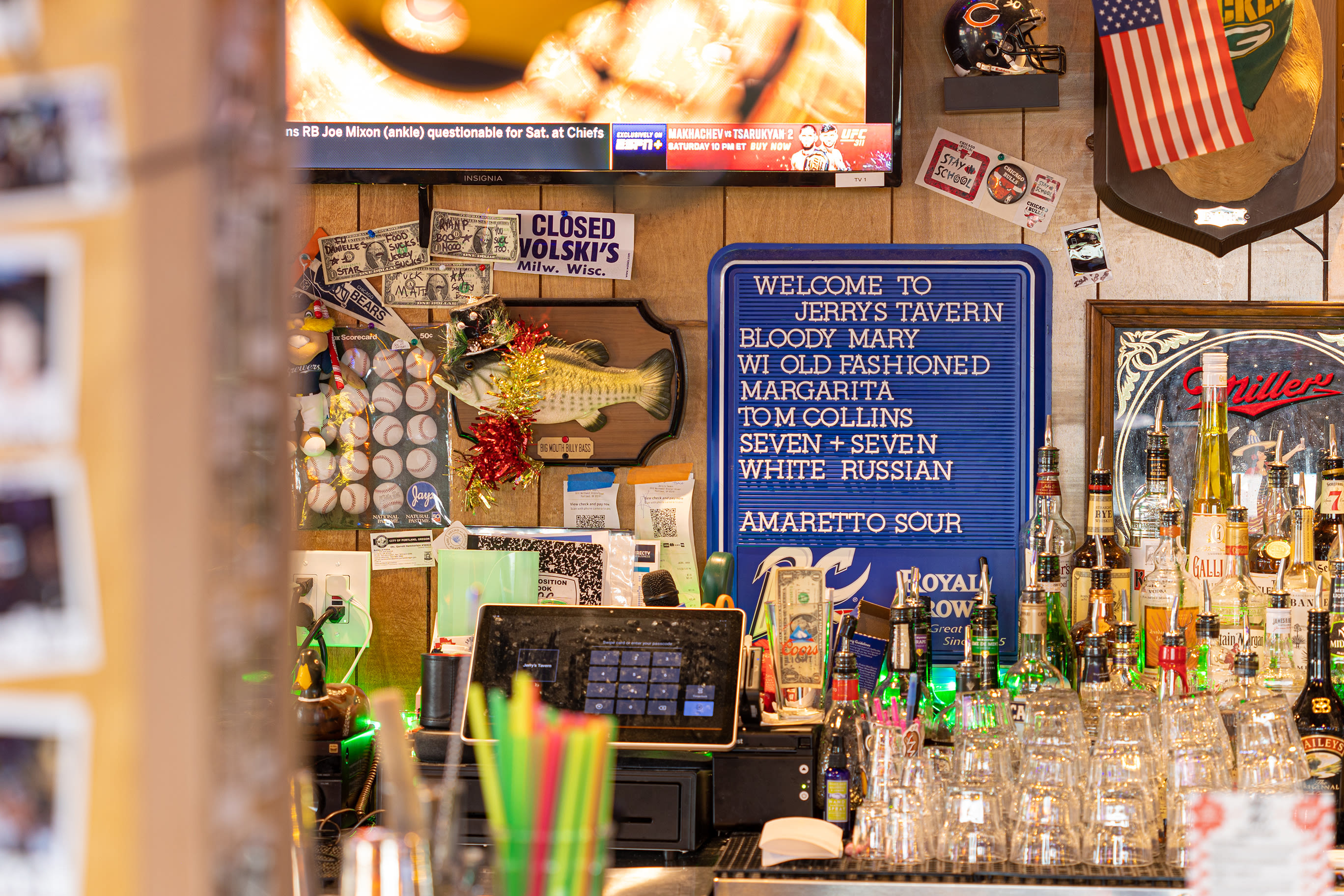Ground Coffee

There’s no question that we Portlanders are avid reusers and recyclers—compost piles are pretty much de rigueur here—but when it comes to drinking coffee that has passed through the belly of a beast, most of us aren’t that earth-friendly.
Jonathan Legare, however, is. Last March, Legare, the proprietor of Legare’s café (which he’s named Legare’s Community Resource Center) on SE Clinton St, began importing “freshly squeezed” exotic coffee beans known as kopi luwak. Hailing from Indonesia, this particular kopi (which means coffee in Indonesian) is named after the raccoonlike palm civet (called luwak), which sleeps in the jungle by day and sneaks into coffee plantations at night. There the civets feast on ripe coffee cherries, which they digest before defecating the hulled beans onto the jungle floor.
For over two centuries, resourceful Indonesian coffee workers have collected the gourmet droppings, washed and roasted the beans, and then brewed them. But in the 1980s, coffee fanatics began importing them to North America, claiming that their gastrointestinal journey gives the beans a unique flavor; today kopi luwak sells for $500 per pound. At Legare’s a single 6 oz serving of French-pressed kopi luwak—which tastes earthy and chocolaty, with very little bitterness—will run you $12.50.
Massimo Marcone, an Ontario-based food scientist and the author of In Bad Taste: The Science and Adventures Behind Food Delicacies, was skeptical when he encountered kopi luwak. But in 2004, after testing samples, he concluded that the beans go through a unique fermentation process in the civet’s digestive tract, where the proteins responsible for the bitterness of non-luwak coffee beans are broken down. Still, despite kopi luwak’s potentially superior flavor, Marcone says, “The process it goes through is what makes it so sought after.”
For Legare, however, it’s all about the flavor. After all, if it tasted like crap, no one would drink it.




